
Diabetes is a complex and chronic disease. It is one of those diseases that requires a lot of compliance. That is, the patient has to follow a strict diet and take regular medications. The worst part is a patient with diabetes has to be careful when eating to avoid losing control of his/her blood glucose, especially when they have high sugar cravings. Hence, it is essential to be picky about selecting diet plans for patients with diabetes mellitus. The main aim of choosing some specific diets for diabetes mellitus is to keep the blood glucose level under control.
Proper diet control and subsequent blood glucose control can help in preventing the complications of diabetes such as heart disease, diabetic nephropathy, and diabetic neuropathy. Though, it is hard to choose diets that have zero effect on blood sugar levels. But some diets have minimal impact on blood sugar. Such diets are considered safe for patients with diabetes mellitus. A detailed description of some recommend diets for patients with diabetes mellitus is in the following section.
1) Leafy Green Vegetables
Leafy green vegetables are often filled with essential nutrients, but they contain very few calories. The number of digestible carbohydrates in leafy green vegetables is also very low. Inadequate digestion and subsequent less absorption of carbohydrates from leafy green vegetables are why their almost no effect on the blood glucose level. Spinach, kale, and many other such leafy vegetables are rich in minerals and vitamins.
One crucial vitamin present in these vegetables is vitamin C. The presence of vitamin C in these vegetables is essential for diabetics because researches indicate that diabetics often have a relative deficiency of this vitamin. The presence of more vitamin C in the body prevents the inflammatory progression of the disease. The ultimate result is a reduction in free radical-mediated inflammatory cellular damage in patients with diabetes.
In addition to vitamin C, leafy green vegetables are a good source of many other antioxidants such as lutein and zeaxanthin. These antioxidants of leafy green vegetables play an important role in preventing eye-related complications of diabetes. These complications include cataracts, macular damage, and retinopathy.
2) Avocados
The carbohydrate content of avocados is very low. The sugar content is still lower because the carbohydrates of avocados are mainly fibers. Avocados also have a higher amount of health-beneficial fats in them. Hence, patients with diabetes can take avocados without worrying about the rise of their blood glucose levels.
Additionally, the intake of avocados can also significantly reduce weight. This weight reduction can subsequently reduce insulin resistance in patients with type 2 diabetes. All these features of avocados make them a perfect snack diet for diabetics.
In 2019, a research study was carried out on avocados. In that research study, a fat molecule called avocation B was found in avocados. This molecule is found only in avocados and prevents partial oxidation, typically in the muscles and pancreatic tissue. This reduction of partition oxidation in these body parts results in decreased insulin resistance.
3) Eggs
Eggs are generally good for health. The intake of eggs between meals keeps you filled and satisfied. The intake of eggs has many benefits, such as it reduces the risk of heart diseases. They reduce LDL cholesterol and increase HDL cholesterol in the body.
Eggs are also known to increase insulin sensitivity, making them one of the best diets for diabetes mellitus. Additionally, the carbohydrate and sugar content of the eggs is also very low. According to the research studies, a breakfast with high fat, low carbohydrate eggs can control blood glucose throughout the day. Eggs are also a good source of some antioxidants such as lutein and zeaxanthin. These antioxidants of the eggs prevent the eye-related complications of diabetes such as diabetic retinopathy.
4) Greek Yogurt
Among the dairy products, greek yogurt is the best diet for patients with diabetes. Greek yogurt contains some probiotics; these probiotics help manage blood sugar levels in diabetics and reduce the risk of heart-related complications of diabetes. The carbohydrate content of greek yogurt is much lower than conventional yogurt and other dairy products. Some researches also indicate that Greek yogurt not only reduces the blood glucose level directly. Rather it also reduces insulin resistance in patients with type 2 diabetes. A better insulin response subsequently leads to better blood glucose control.
Regular intake of Greek yogurt can also help in preventing type 2 diabetes. Weight gain is the leading risk for developing type 2 diabetes, and Greek yogurt is among the best products to achieve weight loss goals. Additionally, the typical composition of greek yogurt also reduces the appetite. A reduction in appetite keeps diabetics from eating too many unhealthy foods.
5) Nuts
Though, the composition of different nuts differs slightly. But all nuts have a low amount of sugars and a relatively higher amount of fivers. These nuts can help keep blood glucose levels under control in patients with diabetes mellitus. Various types of nuts can be used for diabetics, such as walnuts, almonds, etc. Research on controlled consumption of different nuts shows around 10 percent reduction in HBA1c in the patients with diabetes after 3 months. Additionally, the intake of nuts reduces the risk of heart-related complications of diabetes.
Nuts are not only beneficial for diabetics because of their low sugar content. Rather, the intake of nuts also reduces the weight in obese diabetics. The weight-reducing feature of nuts is crucial for patients with type 2 diabetes. Because a reduced weight means reduced insulin resistance. A reduced insulin resistance subsequently helps in better control of blood glucose levels.
6) Fatty Fish
Fatty fish is generally considered a healthy diet. But it is especially beneficial for patients with diabetes mellitus. The particular thing that makes fatty fish health useful is omega-3 fatty acids, EPA, and DHA. These fats are necessary for the healthy functioning of the body. Furthermore, these polyunsaturated and monounsaturated fatty acids also reduce blood glucose levels, according to some researches. The list of fishes that have more amount of these polyunsaturated and monounsaturated fatty acids is given below.
- Salmon
- Mackerel
- Herring
- Trout
- Sardines
Seaweed such as kelp and spirulina can also act as an alternative source of these fatty acids for diabetics. A mixture of baked, fried, or grilled fish with leafy vegetables is more beneficial for diabetics.
7) Citrus Fruits
Citrus fruits are the best way to bring vitamins and minerals into the body without carbohydrates. The antidiabetic citrus fruits include oranges, grapefruits, and lemons, etc. According to some expert researches, the antidiabetic effect of citrus fruits is due to two antioxidant compounds. These two antioxidants are hesperidin and naringin. Vitamin C, which is present in considerable amounts in citrus fruits, also has some anti-diabetic effects. Citrus fruits are also a good source of potassium and folic acid.
8) Whole Grains
Whole grains are a better source of fibers and other nutritional constituents than refined white grains. The high fiber content of whole grains is beneficial for diabetics because it slowdowns the digestion and absorption of sugars from the gastrointestinal tract. The ultimate result is less absorption of glucose and more minor disturbance in the blood glucose level. The glycaemic index of whole grains is way lower than that of white bread and rice. The list of some good whole grains that can be added to the diet plan of diabetics is given below.
- Brown rice
- Whole grain pasta
- Millet
- Bulgar
- Rye
- Whole grain bread
- Buckwheat
- Quinoa
9) Chia Seeds
Chia seeds are also often referred to as a superfood because of their high omega-3 fatty acids and antioxidant compounds. Chia seeds also have plenty of plant-derived fibers and proteins. All these nutritional constituents of chia seeds are beneficial for diabetics to keep their blood glucose level at a minimum.
In a randomized study, the effect of chia seeds on weight loss was studied. The patients with type 2 diabetes taking chia seeds had way more weight loss than those not taking chia seeds. Hence, the chia seeds are considered good for patients with type 2 diabetes to control their weight and blood glucose level. Chia seeds can be used by sprinkling over breakfast and salads.
10) Sweet Potatoes and Broccoli
Sweet potatoes and broccoli should also be added to the recommendation of a diet plan for diabetics. These two foods have a lower glycaemic index. The calories content of these two foods is also very low.
Additionally, sweet potatoes and broccoli are good sources of fiber, vitamins such as vitamin A, and minerals such as potassium and iron.
The Takeaway Message:
The management of diabetes does not only consist of medications. Instead, it is also necessary to have a healthy diet plan to keep the blood glucose level at a minimum level. Without a proper diet plan, the use of medications cannot control the symptoms of diabetes. Several foods offer good nutritional constituents with minimum effect on the blood glucose level. Leafy green vegetables are essential for diabetics. They not only contain less sugar and calories. Rather they also prevent the complications of diabetes due to their antioxidant property.
Several other diets can be recommended for patients with diabetes. These diets include eggs, nuts, citrus fruits, Greek yogurt, sweet potatoes, and broccoli. Most of these diets have a low glycaemic index. These diets are also a good source of fibers, proteins, vitamins, and minerals.
References:
1. Gray A, Threlkeld RJ. Nutritional Recommendations for Individuals with Diabetes. [Updated 2019 Oct 13]. In: Feingold KR, Anawalt B, Boyce A, et al., editors. Endotext [Internet]. South Dartmouth (MA): MDText.com, Inc.; 2000-. Available from: https://www.ncbi.nlm.nih.gov/books/NBK279012/
2. Nuttall F. Q. (1983). Diet and the diabetic patient. Diabetes care, 6(2), 197–207. https://doi.org/10.2337/diacare.6.2.197
3. Silvis N. (1992). Nutritional recommendations for individuals with diabetes mellitus. South African medical journal = Suid-Afrikaanse tydskrif vir geneeskunde, 81(3), 162–166. https://pubmed.ncbi.nlm.nih.gov/1734559/
4. Alkhatib, A., Tsang, C., Tiss, A., Bahorun, T., Arefanian, H., Barake, R., Khadir, A., & Tuomilehto, J. (2017). Functional Foods and Lifestyle Approaches for Diabetes Prevention and Management. Nutrients, 9(12), 1310. https://doi.org/10.3390/nu9121310
5. Bantle J. P. (1988). The dietary treatment of diabetes mellitus. The Medical clinics of North America, 72(6), 1285–1299. https://doi.org/10.1016/s0025-7125(16)30707-6
6: Basiak-Rasała, A., Różańska, D., & Zatońska, K. (2019). Food groups in dietary prevention of type 2 diabetes. Roczniki Panstwowego Zakladu Higieny, 70(4), 347–357. https://doi.org/10.32394/rpzh.2019.0086
7. Nutrition recommendations and principles for people with diabetes mellitus. (1994). Journal of the American Dietetic Association, 94(5), 504–506. https://doi.org/10.1016/0002-8223(94)90211-9


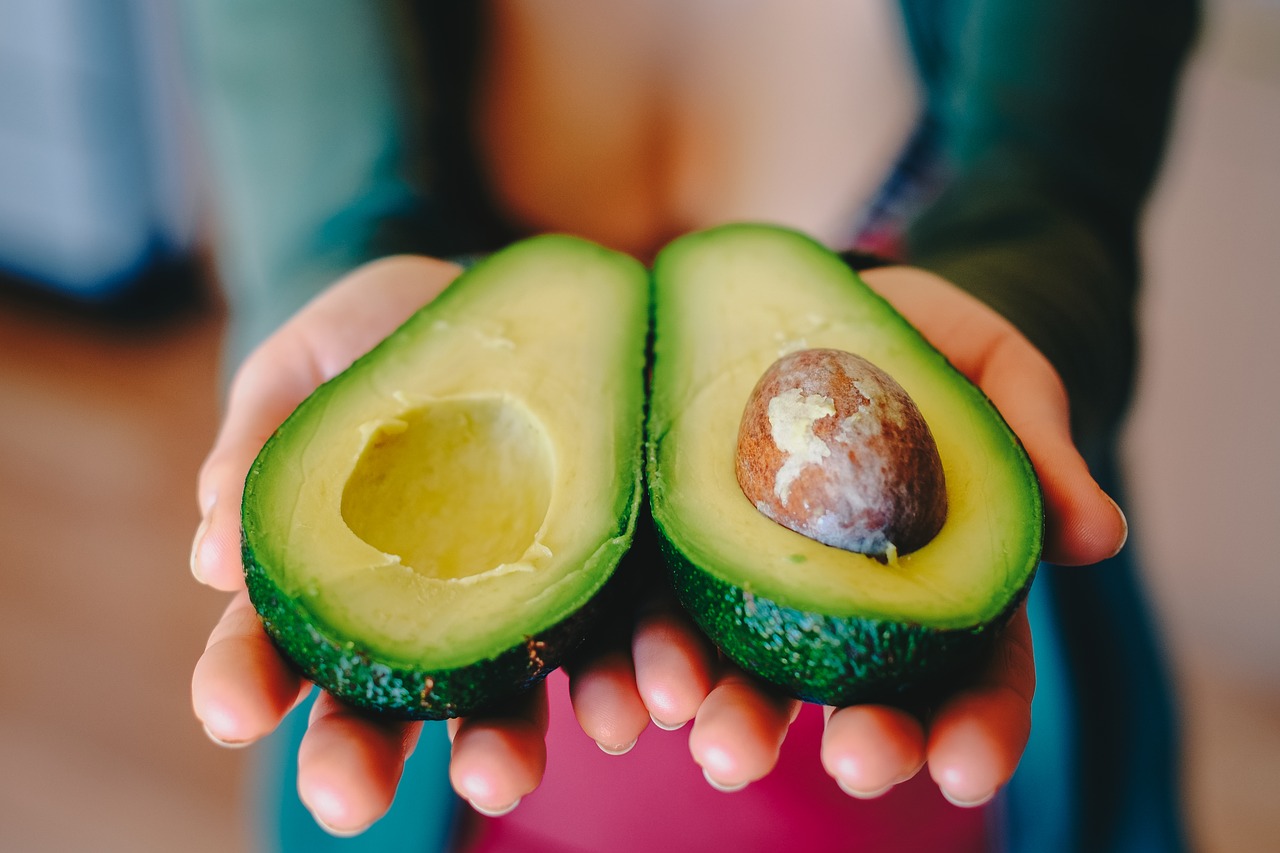
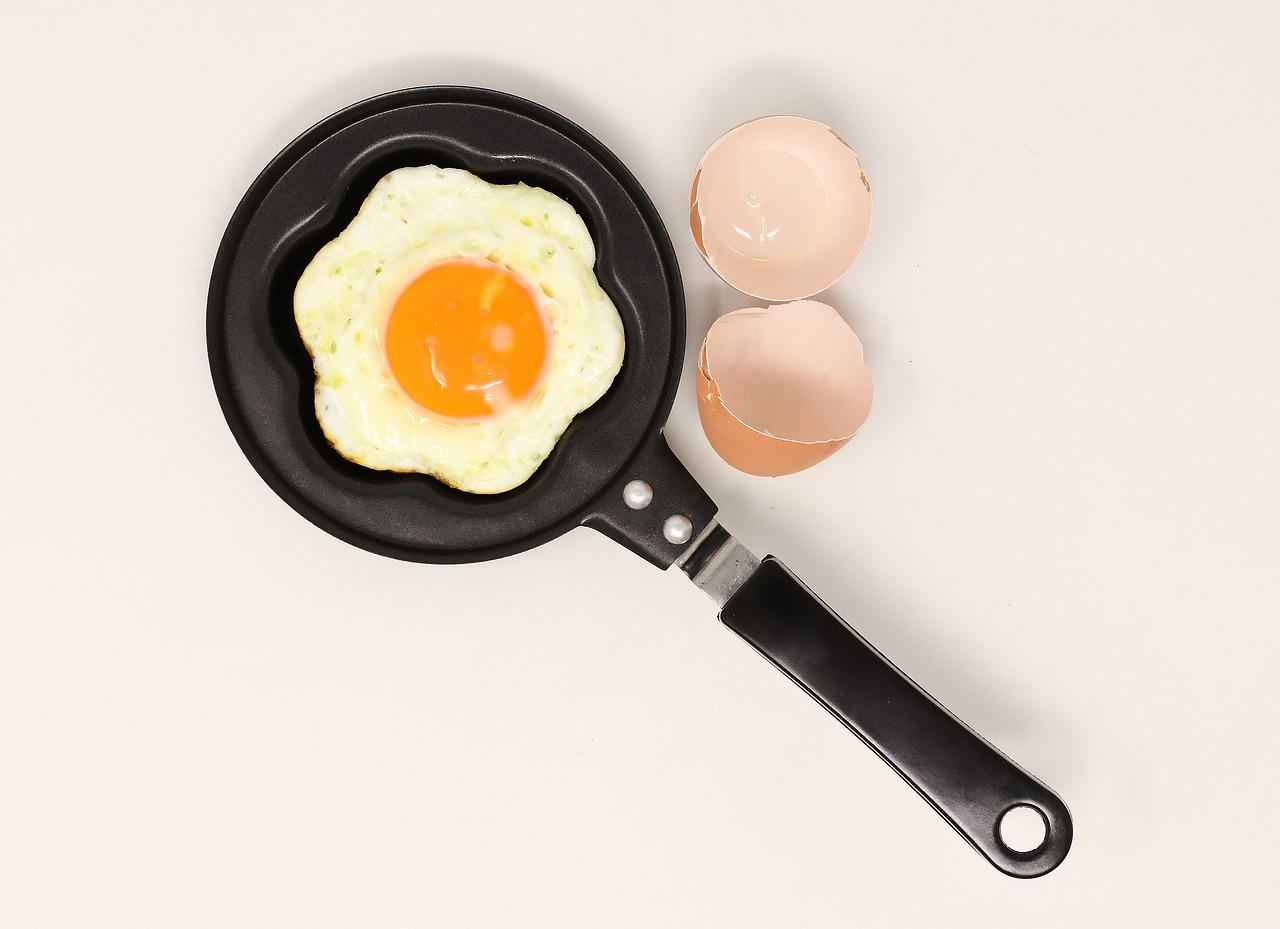

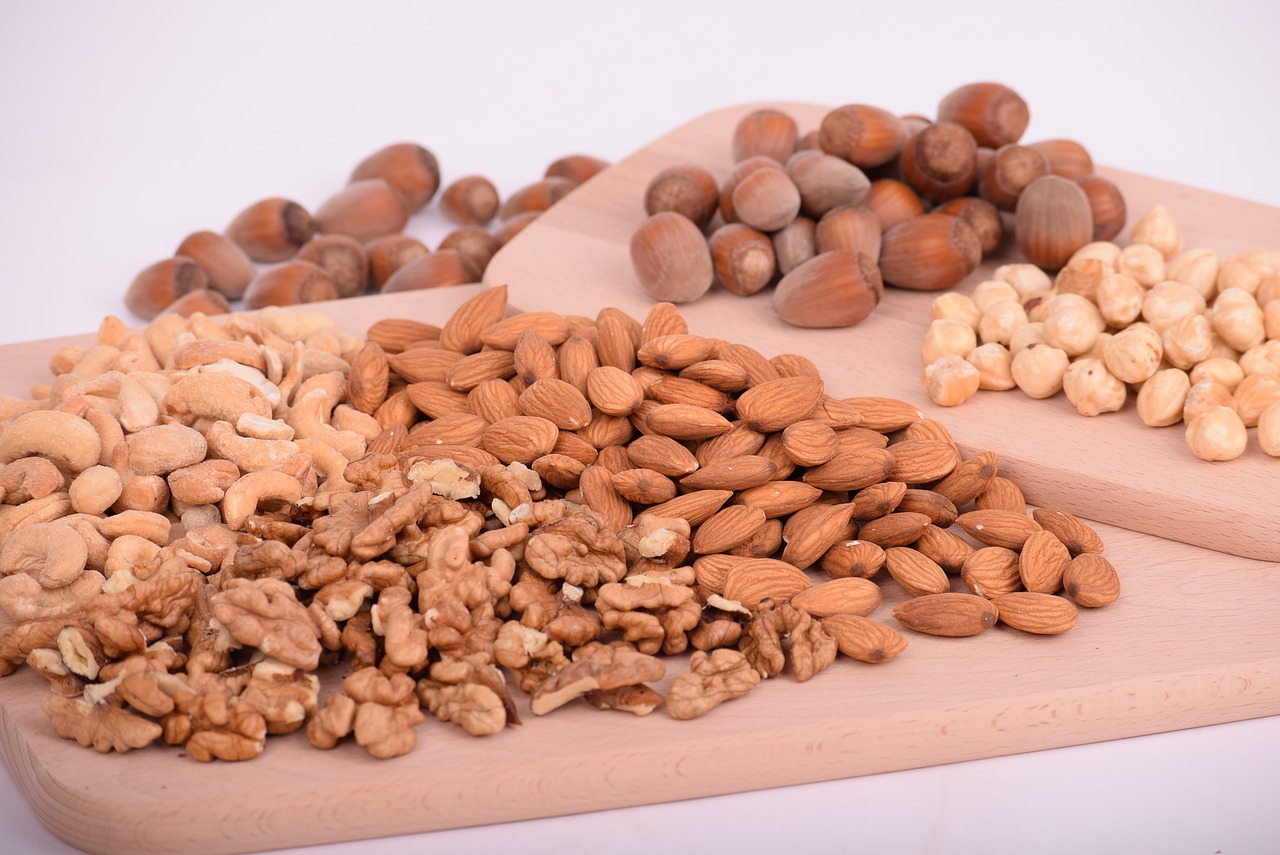
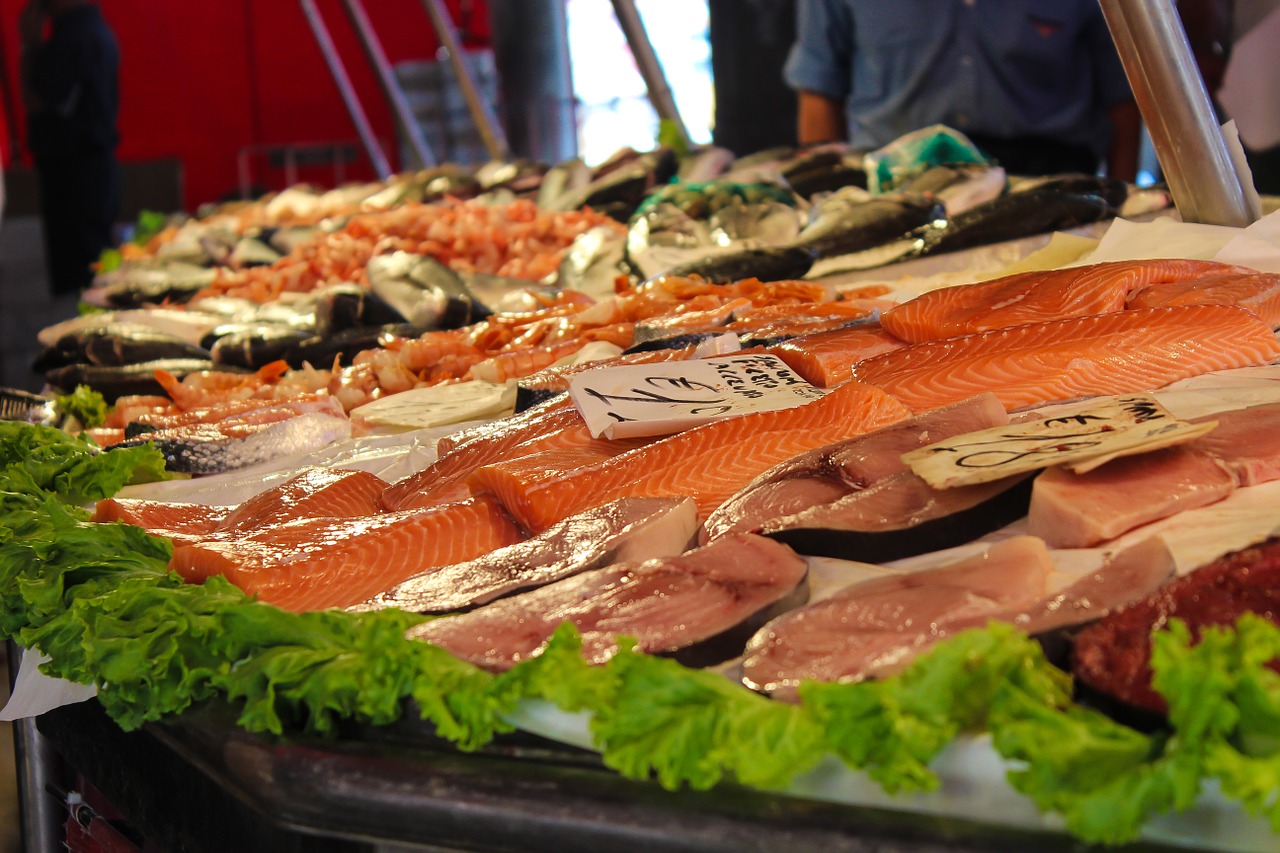
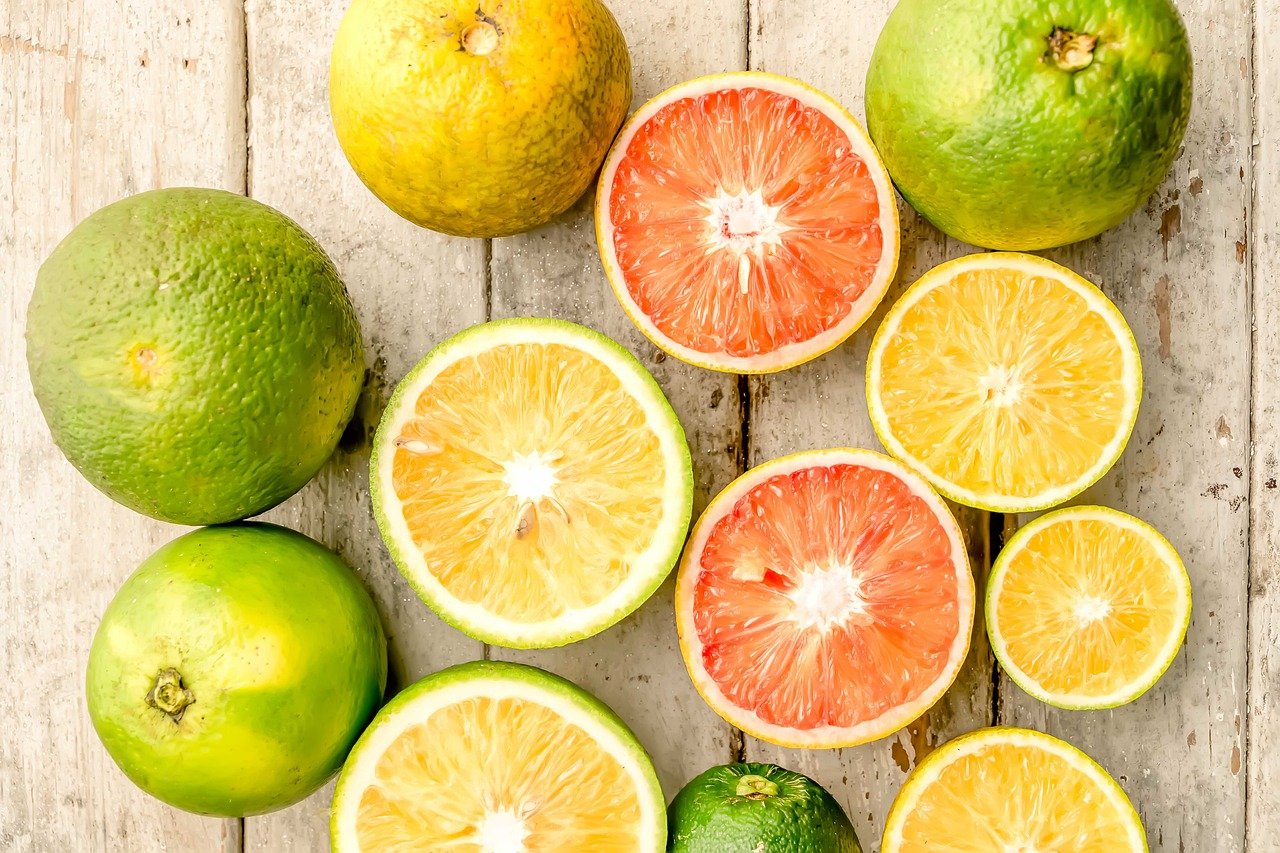
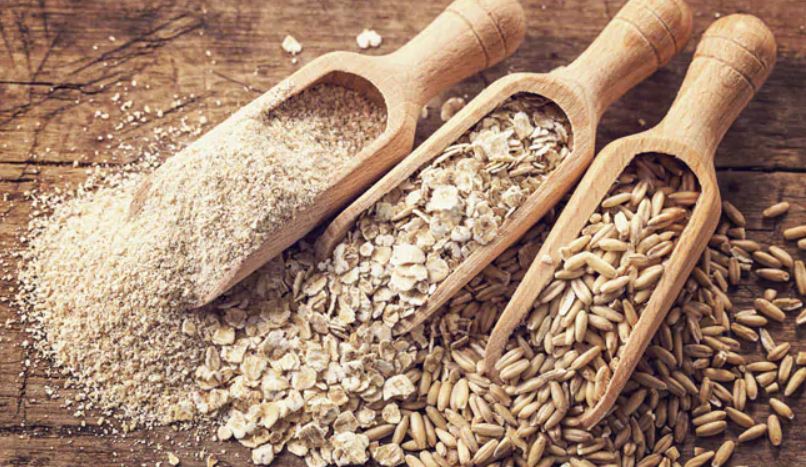
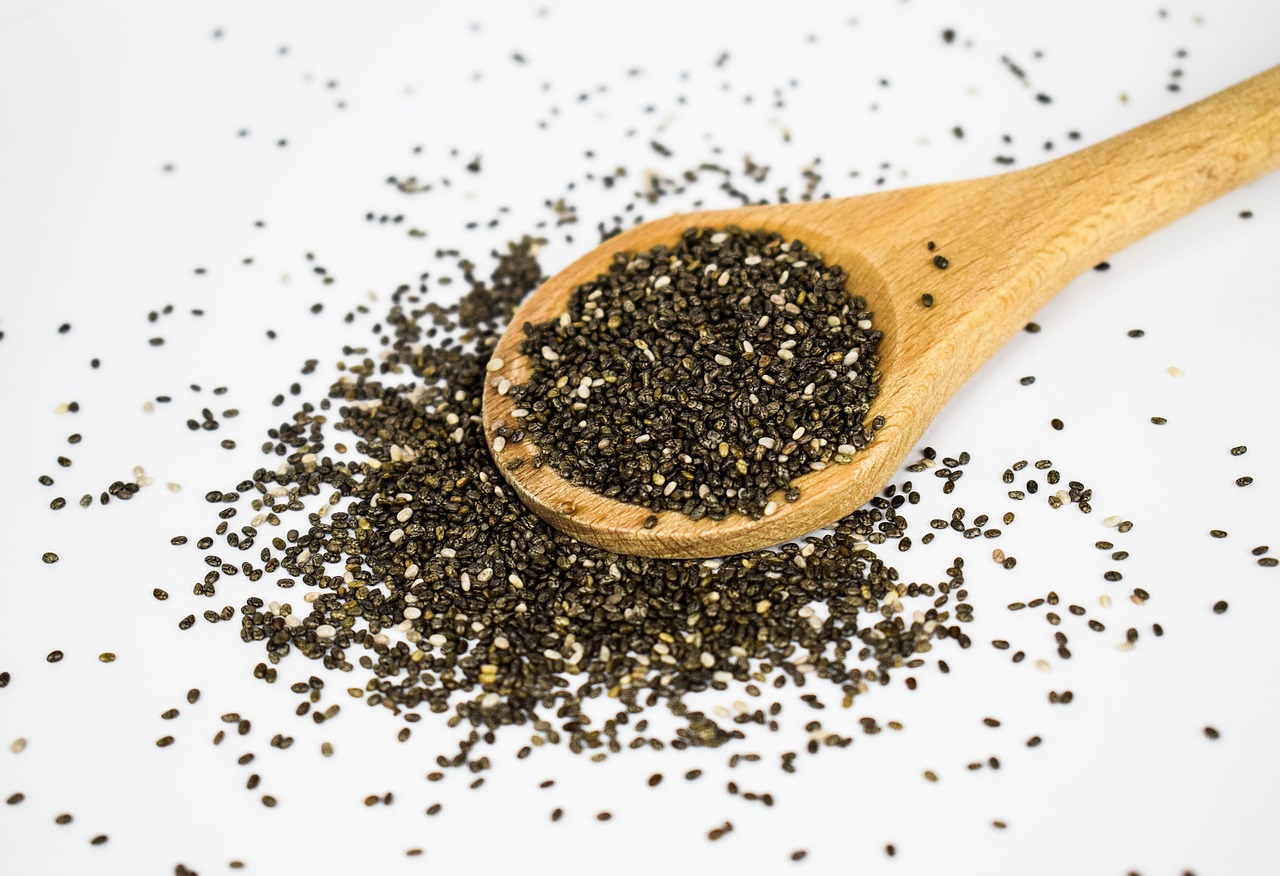

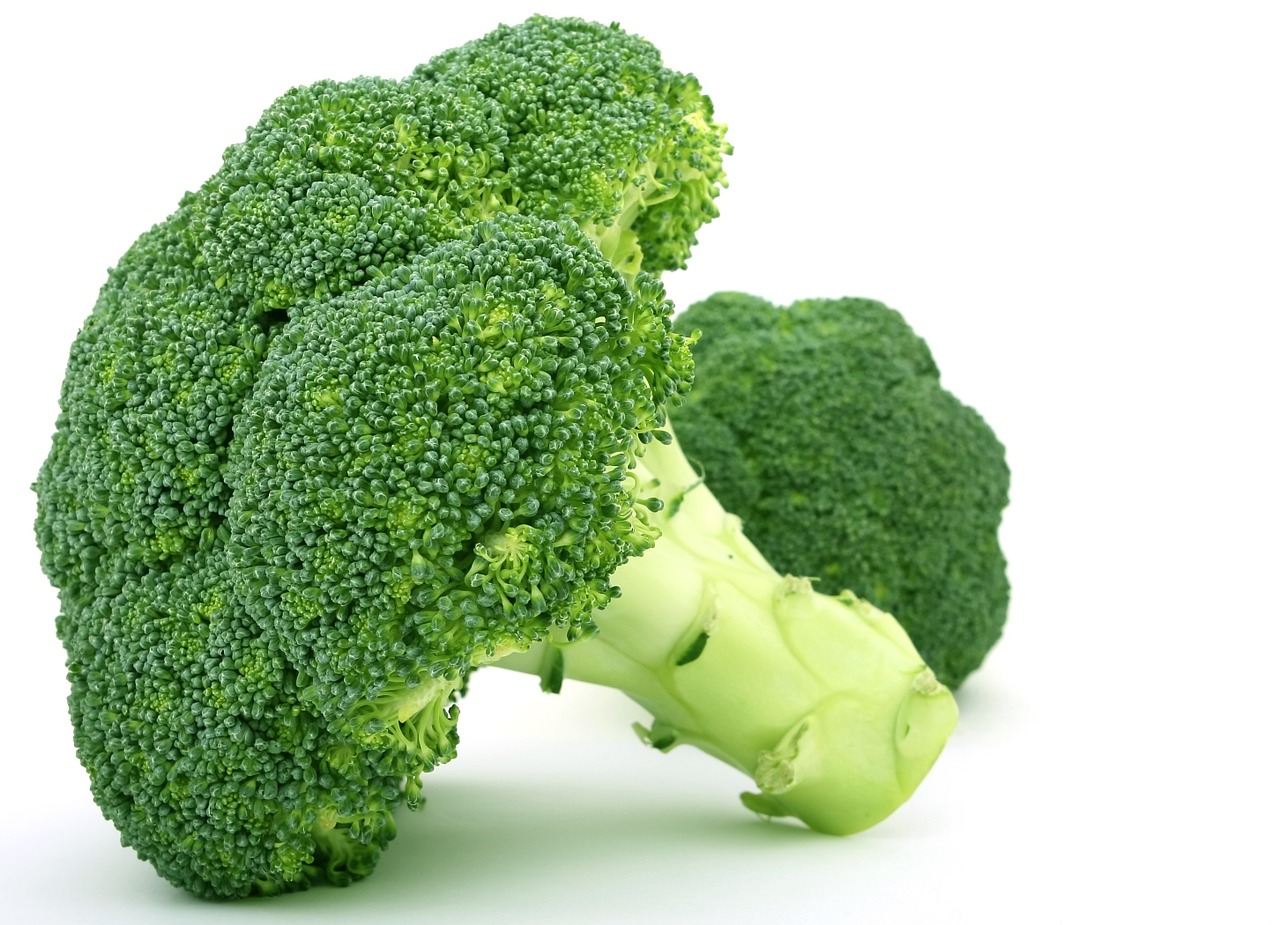
Thankyou,this was a very interesting article .I also like eating the beneficial foods for our own specific blood type.
Nutrition is such a powerful and deep topic and puts us in charge of our own health and wellbeing.
We need to take control of ourselves!